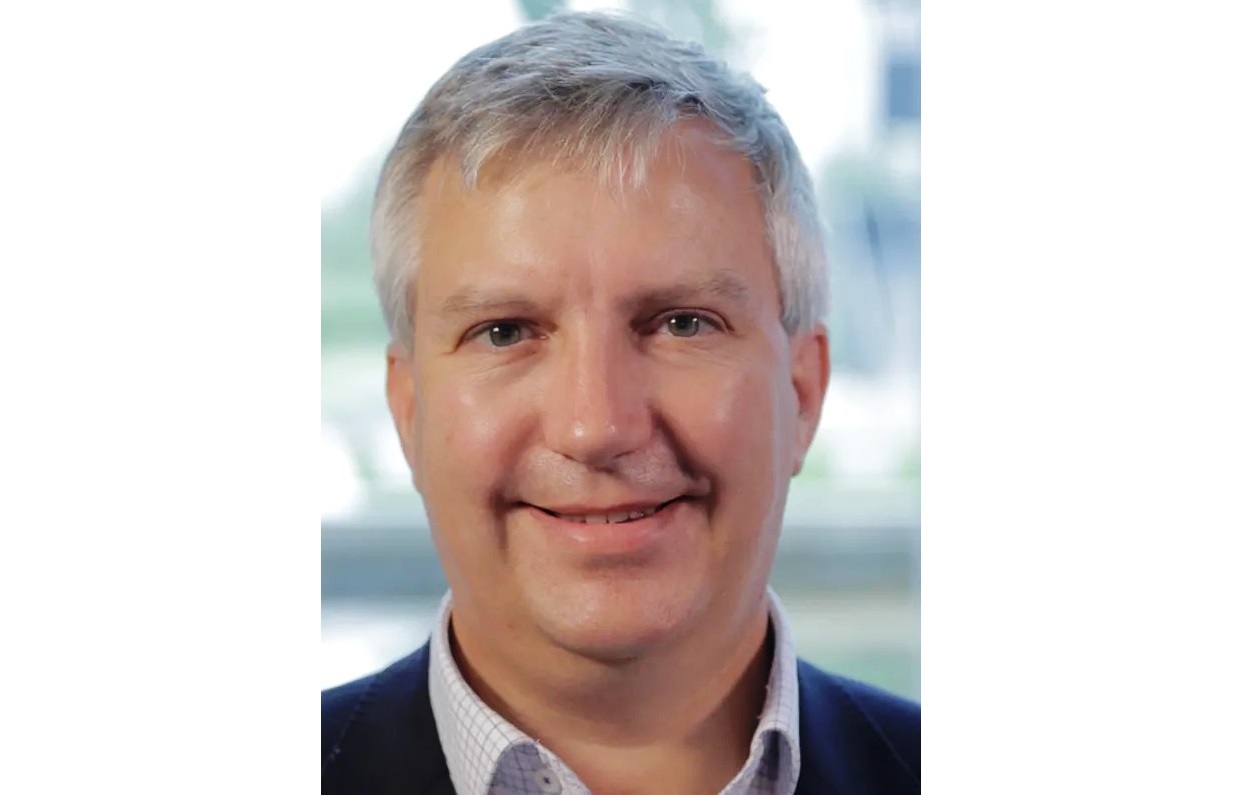Anglo-German project to transform complex software use in aerospace

Image courtesy D-RisQ
Innovate UK and the German government have awarded funding to a pioneering Anglo-German research project, set to transform how complex software is used in safety critical sectors such as aerospace.
Worcestershire-based high-tech company D-RisQ will be collaborating with fortiss, the research institute of the free State of Bavaria in Germany, Newcastle University and Verified Systems International GmbH.
The objective of the project is to demonstrate that assured software can be developed cost-effectively, potentially increasing innovation in those sectors and reducing costs and time to market for highly complex safety critical embedded software.
The Project is co-funded by Innovate UK and the Federal Ministry for Economic Affairs and Climate Action in Germany as part of their ‘Climate action, sustainability and resource efficiency initiative’, backed by a decision of the German Bundestag through the Central Innovation Programme for SMEs (ZIM).
Nick Tudor (above), CEO, D-RisQ said: ”Over the next few years, we are looking forward to working with Newcastle University here in the UK and with our German colleagues in fortiss GmbH and Verified System International GmbH on this ground breaking project. We are aiming to build new capabilities that will help complex software projects get to market faster, more assuredly, so all safety critical sectors can be addressed.”
The Project
The PlaTFoRm project (Practical Testing of Formal Requirements) addresses critical challenges in safety-critical system certification by developing an automated, cost-effective approach to identifying potential errors early in the development process. Focusing initially on an automatic lane keeping system and a medical device, the project will seek to prove the value of formal methods of software engineering in an industrial setting.
This functionality also represents a technological challenge to develop highly complex software (an average car can now use software comprising millions of lines of code) and assure and certify that it is safe.
The technological challenge and multiplicity involved in such highly complex software - and the level of expertise required to develop it - is placing considerable economic pressure on OEMs and their supply chains. Not to mention that there is a global shortage of software engineers. Any innovation in this area, by the very nature of the size of this and other safety-critical markets, has the potential to save billions.
UK Talent, Global Innovation
This £1 million project brings together researchers and organisations from the UK and Germany, with D-RisQ at the heart of this international collaboration.
Located in the Malvern Hills Science Park, D-RisQ specialises in safety-critical software verification, offering cutting-edge solutions for high reliability industries including automotive, aerospace and medical technology.











